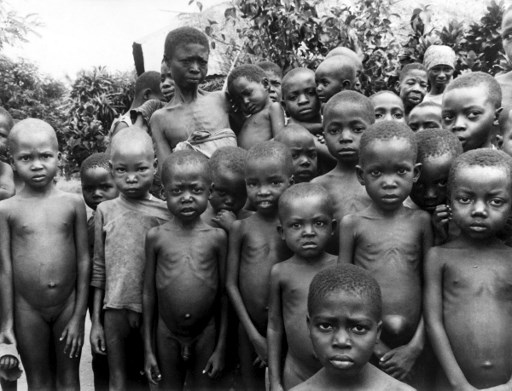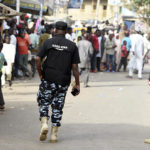By Chioma Obinagwam
The former Minister of Aviation under the President Olusegun Obasanjo administration, Femi Fani-Kayode has expressed displeasure over the inability of the Federal Government of Nigeria to provide most Nigerians with palliative despite the extension of the lockdown.
Confiance News gathered from his Twitter feed on Tuesday.
“If you insist on locking people down you must provide food for them. You cannot just lock them down and expect them to starve to death. If you do not give them food and still insist on the lockdown then you are provoking a revolution which may consume us all. People are hungry!,” he tweeted.
This follows the COVID-19 pandemic currently ravaging the country and has spurred Nigeria’s president to implement an initial 14 day lockdown policy that was later extended for another 14 days on Monday, in Lagos state, Ogun state and the Federal Capital Territory (FCT) with the highest number of COVID-19 cases.
The extension of the lockdown, however, did not go well with most Nigerians who have been locked down since March 30 without any form of palliative.
Fani-Kayode was not the only Nigerian angry with the situation, another twitter user, Henry Shield frowned at the discrimination in the sharing formula of the palliative.
“Dear President Buhari, not everyone who has a bank account is rich! What kind of a govt discriminates against its own people in sharing palliatives at a time of a global crisis, because they have bank accounts?,” he tweeted.
Mustapha Chika-obi, the inaugural Managing Director and Chief Executive Officer (MD/CEO) of Asset Management Corporation of Nigeria (AMCON) argues that the lockdown is more beneficial to the elites.
“Locking down people who live in overcrowded slums will not protect them from the virus if it is present there. It only serves to protect the more privileged in their comfortable abodes. Hence the support for this policy is mainly from the elite and not the people.
“There are deadlier threats to life and security in Nigeria than Covid19 – malaria, hunger, poverty, Lassa fever, illiteracy, unclean water- to name a few. Why no states of emergency on those? Maybe because Covid affects the high and mighty as well as the poor. A dangerous precedent,” he tweeted.
Country Director at DAI, Dr. Joe Abah, also stressed the need for inclusivity in the sharing formula.
“Any programmes to alleviate the effects of COVID-19 on the poor cannot focus on the rural poor alone. It must also include the urban poor. The rural poor can still go to the farm and get food. The urban poor living in slums share toilets and kitchens and can’t go out to get food,” he said on Twitter.
Apart from complaints bothering on palliatives, Nigerians are also battling with the rising incidents of crime, evident in pockets of robbery incidents in some parts of the lockdown states.
A situation, which is not uncoconnected to the lingering lockdown that has aggravated the sufferings of Nigerians.







Leave a comment